0:01-4:25: Greetings! A smidge of an opening leads to us very quickly brainstorming ideas for the newest Scottish children’s book star, Smidge The Midge, and quite probably gives you a head’s up for what kind of episode you might be in for. (In retrospect, it should’ve for us but I don’t know if we were aware of it at the time…).
4:25-30:49: But don’t you worry yourself none, we are off and talking about comic books (though Jeff, as you soon hear, starts off for more than a bit hobbled) with Graeme reading a lot of Venom comics, more specifically, Venom Epic Collection: Symbiosis, the stuff that basically leads up to Venom being Venom. (And I’m including the Comixology link because Marvel is currently having a BOGO for the next twenty-four hours or so that this is up, so if you have some other Marvel collection you’ve been wanting to pick up and want nearly 500 pages of what Graeme describes as “nuts…genuinely wacky,” this is your chance?) But reading it Graeme finds himself a little put off by the Micheline/McFarlane stuff that launched Venom and is still considered one of the defining runs on Spider-Man. Why? Does Jeff feel the same? How many more rhetorical questions can be used to pad out this entry? Two?
But beyond that is a larger discussion about where the sweet spots are for superheroes, when that passes, and whether or not Spider-Man works better as a visually dynamic character in a less dynamic artistic presentation, or as a dynamic character in artistically dynamic stories.
30:49-41:53: Kind of an awkward place to put in a show note transition, but our discussion of Spider-Man’s design led us to talking about the redesign of DC characters for the New 52, and so here we are at this particular point in things where we go from talking about Flash’s New 52 redesign (which has stuck) to what’s happening with Wally West, Barry Allen and the semi-but-not-5G approach of having Barry off doing adventures in Infinite Frontier, and some quality harrumphing from Jeff about the latest issue of Nightwing that gets pulled from its current storyline into the Batman Fear State event.
41:53-47:15: The talk of subtext in one of the Batman-related books leads Graeme to talk very elliptically about the final issue of Strange Adventures by Tom King, Mitch Gerads, and Evan “Doc” Shaner and how it plays against the conclusion of Rorschach by King and Jorge Fornes. It’s a spoiler-free discussion which will either intrigue you or find you clamoring for more solid details…but at least it’s spoiler free!
47:15-59:47: Rorschach, Spider-Man…it’s almost like we planned to talk about the direct and indirect influence Steve Ditko has had on the American comics industry as a way to give a sense of context to the news that his estate has filed a termination notice for the rights to Spider-Man and Doctor Strange (as well as other creators such as Larry Leiber and Gene Colan also represented by Marc Toberoff). It may—or may not—end up being a very big deal.
59:47-1:08:36: A stray wocka-wocka leads us into what I would call “prime Wait, What? digression territory?” as we end up discussing—and, really, try to stop discussing—which muppets would play which Marvel staffers/creators in the Muppet Marvel biopic. Graeme calls repeatedly to listeners to chime in with your suggestions in the comments. *Please* do! It’s fifteen hours later and I can still barely think of anything else!
1:08:36-1:39:01: From the absurd to the less-than-sublime: we talk about our experiences with the Infinite comics released on Marvel Unlimited as well as the Batman Family comic (among others) on Webtoons. The future of comics? Maybe we can only fully understand the future of comics by scrutinizing a fragment of its path—that is, Scott McCloud’s tremendously underwhelming follow-up to Understanding Comics, Reinventing Comics. Yes, as a wise man once said, “those who don’t complain about their past are doomed to repeat it (and by it, I mean ‘complaining about the present’).”
1:39:01-1:47:49: Jeff *very* much wants to deliver a new installment of “My Four Manga” but cannot since he’s almost entirely been reading stuff previously mentioned and therefore offering no guesswork possibilities: Fist of the North Star, Vol. 2 by Buronson and Tetsuo Hara; Sweat and Soap, Vol. 9, by Kintetsu Yamada; and chapters of Drowning Love by George Asakuara (which Jeff calls Drowning God which is, um, wrong).
1:47:49-2:18:56: Graeme, by contrast, has been catching up on and was hugely impressed by The Many Deaths of Laila Starr by Ram V and Filipe Andrade; Jonna and the Unpossible Monsters by Chris and Laura Samnee and Matthew Wilson; and Joshua Dysart’s Valiant “trilogy” of Harbinger, Imperium, and The Life and Death of Toyo Harada. And some thoughts Graeme has had about trying to compare Dysart’s story with what Hickman’s done with X-Men leads to us discussing talking about Hickman’s departure from the x-books, some of the more extreme theories surrounding them, and areas of Graeme’s discontent with the redirection of the X-titles. Also discussed: Russell T. Davies returning to Dr. Who and his previous track record of understanding U.S. history; and much more.
2:18:56-end: Closing Comments…or are they? Look for us on Stitcher! Itunes! Instagram! Twitter together and separately: Graeme and Jeff! Tumblr, and on Patreon where a wonderful group of people make this all possible, including Empress Audrey, Queen of the Galaxy, to whom we are especially grateful for her continuing support of this podcast.
Next week: Skip week again! Join us in a fortnite for the first episode of October!
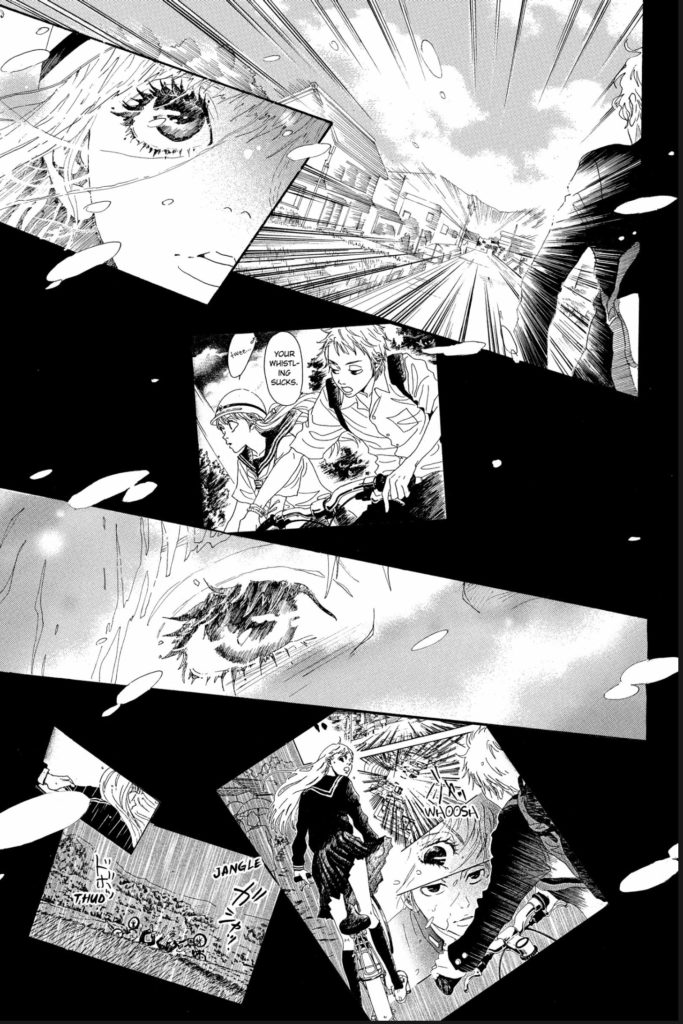
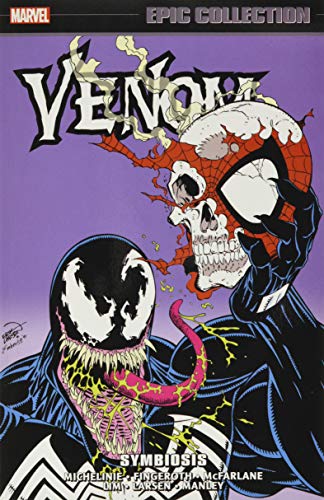
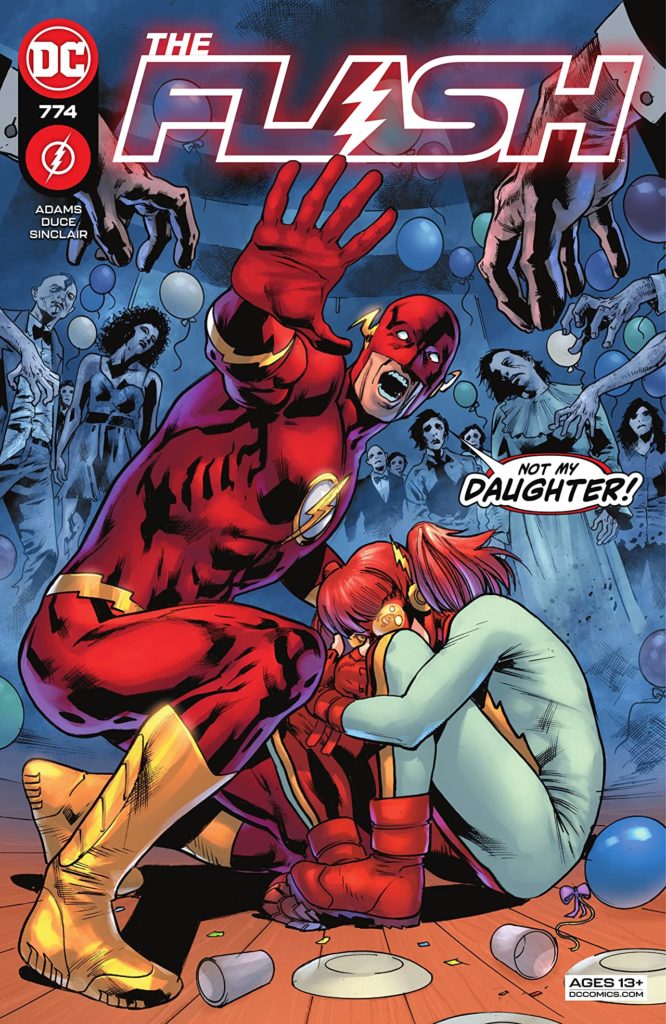
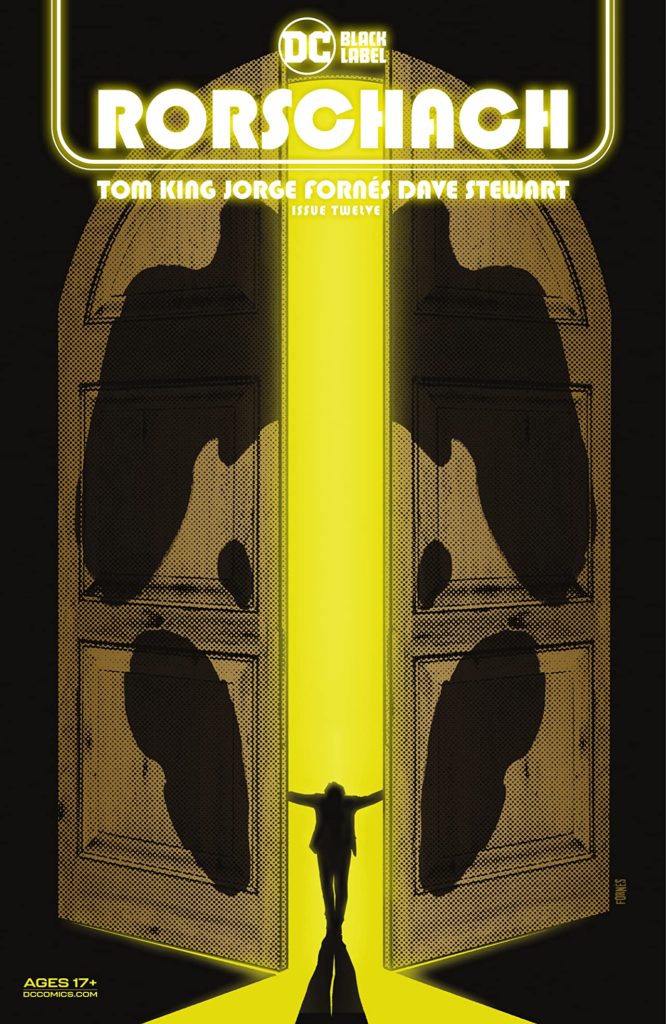
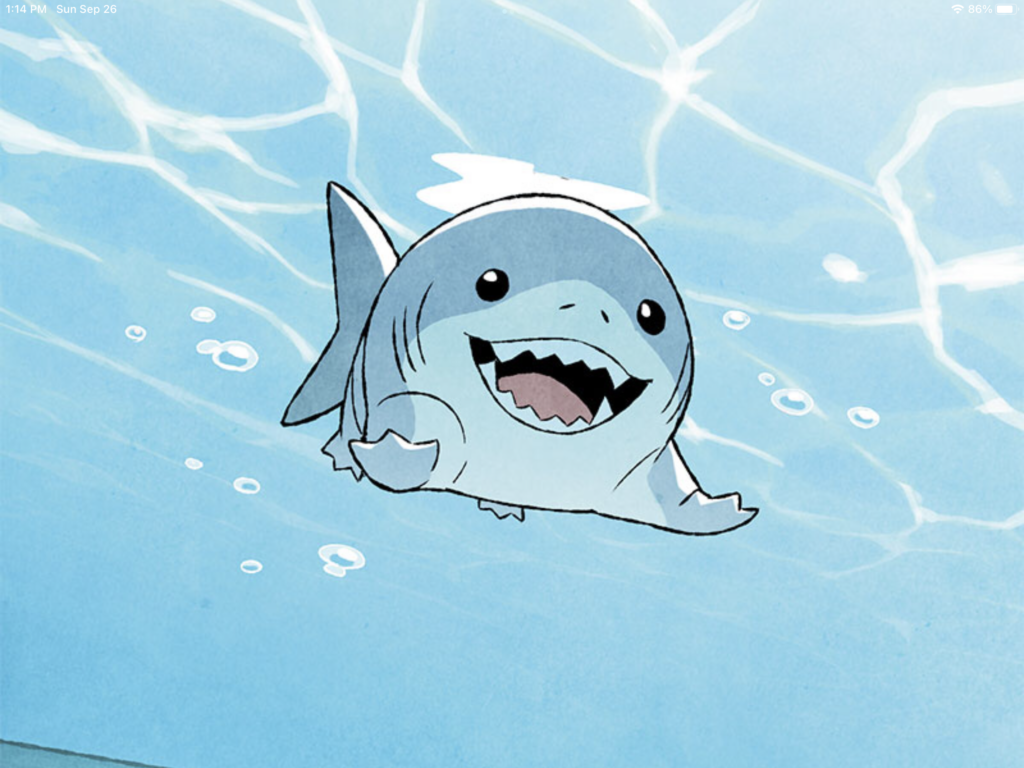
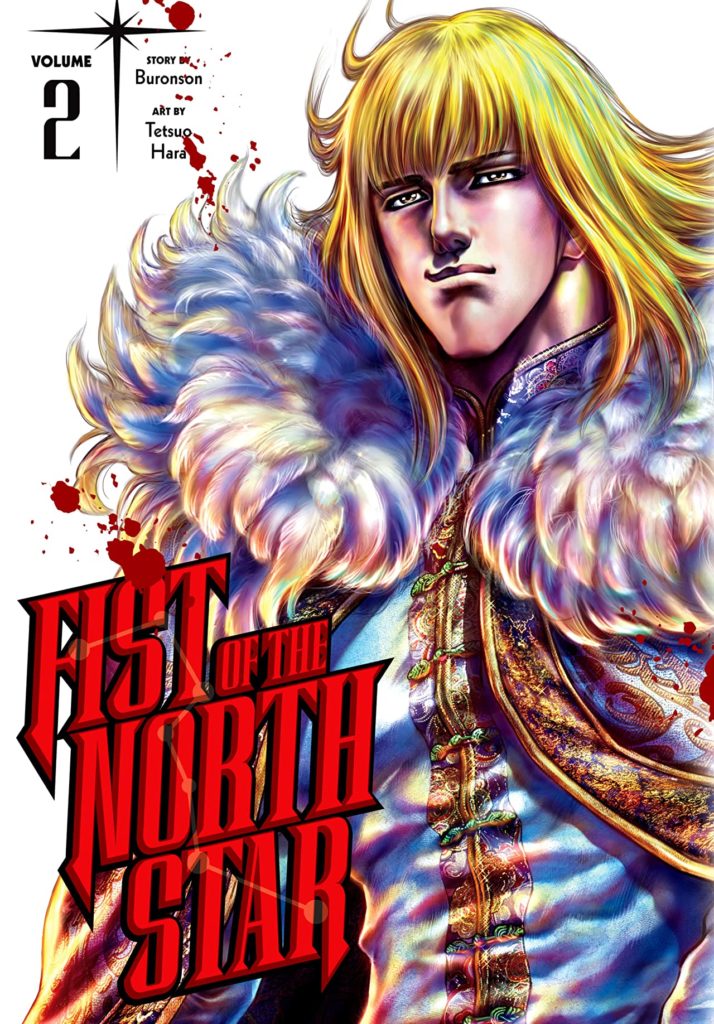
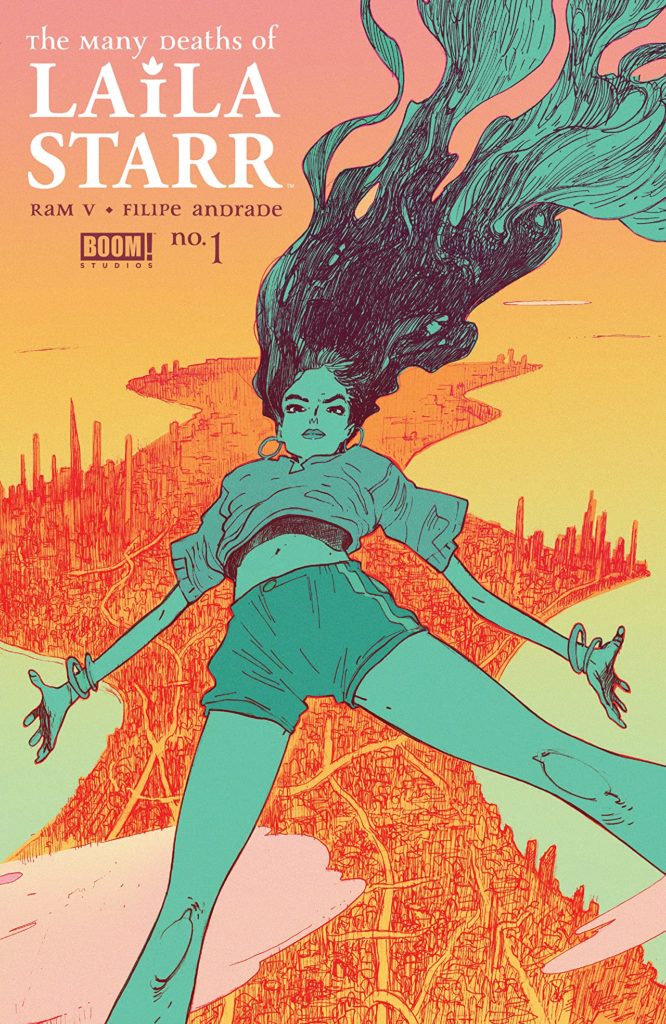


First!
http://theworkingdraft.com/media/podcasts4/WaitWhat327.mp3
Gender is fucking you up and clouding the obvious fact that Miss Piggy is the perfect casting for Stan Lee. Fozzy is more Roy Thomas.
This is an excellent point!
I don’t know, your feelings about Toberoff sound like you just swallowed DC’s complaints about him hook, line and sinker. I mean, yes, he was hoping to eventually turn the Superman case into a big payday for him. Like every other lawyer who works on a contingency basis.
I’m not sure if I followed all the cases to the end, but my understanding was that in the Siegel and Shuster cases he was ultimately hamstrung by actions that predated his involvement (and pro-corporate courts looking for any excuse to favour big business). Shuster’s siblings had signed some papers back in the nineties, back when the termination law only applied to to spouses, children and grandchildren (none of which Shuster had), which was found to be binding even after the law was changed so other heirs could qualify, in the absence of direct heirs. Which strikes me as bad law, how could they sign away rights that they didn’t even have at the time (and DC’s lawyers were in a far better position to know if changes in the law were being considered)? On the Siegel side, their right to termination was recognized, but ultimately didn’t it come down to the lawyer previous to Toberoff agreeing to a lowball framework for a deal, pending a final deal, in a casually written e-mail? So whatever settlement he got for them was bound by what the previous lawyer agreed to.
And of course, in the case of Kirby, what we really know is that Mark Evanier described the settlement as one Jack and Roz Kirby would be “real, real, real happy” with, and that Kirby gets much more frequent and explicit recognition in the comics and screen credits (“xxx created by…” instead of “based on the MARVEL comic by…” or “special thanks to…”) than he ever did prior.
On the Muppet front, are you allowing Sesame Street? Because I think you’ll probably find your Stan Lee there. Either Cookie Monster or Guy Smiley (if you check the Muppets fandom pages https://muppet.fandom.com/wiki/Guy_Smiley, you’ll even find out that “Episode 4920 reveals Guy wears a hair piece”).
I read a lot of webcomics, a few of which are on webtoons, and I don’t really think the format makes much difference. Sure sometimes an artist makes a long series of panels blend together but it never feels like all that much would have to be changed to tell the story page by page. (I always read them on a desktop computer).
When it comes to X comics I don’t agree with Graeme’s examples, I haven’t read Si Spurrier’s Legion series and had zero trouble following along Way of X with what Legion knowledge I have picked up here and there. I dropped Exalibur pretty early but I get the impression from Paul to Astonish’s recaps that they are pretty incoherent even to someone who has read *all* the comics. Some comics are just bad.
I feel like Waldorf and Statler are the obvious unmentioned choices. Steve Ditko?
Since it’s touched on a few times in this episode, I would like to hear you both discuss the idea of social metaphor in superhero comics. What are some examples of such a thing being done right? What makes those examples successful? Given the months-long, sometimes years-long, process of creating these comics, is it something that creators should even try to peruse?
Well, we’re all laughing now, but when a Marvellous Muppet Story is released don’t hire Toberoff. Surely we, vocal fandom, are Waldorf and Statler?
I was a first hundred issues of Spider-Man guy. I kind of fell off after that. I still liked the character, but it had begun to feel like rinse and repeat and there were more exciting things to try with my limited budget. Has someone done a big John Romita interview? His run on Spider-Man is good, but I’ve never read him say ‘That was me doing it all and Stan filled in the words.’ Working Marvel-style he obviously did a lot, but he doesn’t (as far as I know) have the creative, story creator credits of a Kirby and a Ditko. So the amount of Stan’s involvement in those issues remains a kind of unsettled issue for me.
Maybe not from sales/popularity perspective, but I always thought John Romita’s run on Spider-Man made him too much of a classic hero in the Superman or Captain America vein. My first introduction to Spidey was the Romita and Romita clone Andru in the various merchandise available as a kid in the early ’80s. I never got why Spider-Man was a menace or people were grossed out by him (in the Marvel world) until I read the Ditko Marvel Masterworks. Ditko does an excellent job of portraying Spider-Man as a creepy wall crawler. He’s always coming at you at some off kilter angle or impossibly akimbo pose upside down. THAT to me is Spider-Man, and the only artist who ever cam close to replicating that is McFarlane. For what it’s worth, I agree with Graeme about McFarlane’s drawing of Spider-Man’s supporting cast, and the lack of proper cartooning on the page; but his Spide posing and positioning were classic Ditko. He looked like a creepy wall crawler.
Another I blame Romita for, and this has become my gold standard for judging Spider-Man artists, is the lackluster and, dare I say it, lazy way he drew Spider-Man’s web lines. They were always and afterthought, incidental to whatever pose Spider-Man was in. There was no weight, heft, or believable physicality to it. You see that with modern artists who fail to draw the web line he’s swinging from as something taught. It should only be loose when he lets go, never in mid-swing. Please watch some acrobats, for god’s sake. Apologies for bringing this up, but once you see it you can’t unsee it!
Romita made Spidey just a generic hero. In fact, in the ’80s there really was no difference between when Spider-Man and, say, Punisher or Captain America or Wolverine or Cyclops would leap into battle. (Don’t get me started how all superhero fights have devolved into generic punching.) Look at what Kirby and Dtiko did. They always put the heroes in unique situations that would spotlight their unique abilities. That’s how Spider-Man should be drawn, off kilter, crazy gymnastics, creepy posing, and propper web swinging. Anything less and you’ve just got a generic hero.
For all of McFarlane’s faults with drawing, I find it ironic that his Venom is the tamest version of the character. McFarlane and Larson were probably the last to draw him not looking like some ridiculously buff hentail tentacle porn monster with a 3-foot-long tongue. I also never considered Michelline one of the great Spider-Man writers. He just happened to be writing the flagship book at the time when it was getting the most attention thanks to McFarlane, Venom, Carnage, and it being the late ’80s/early ’90s. Having read so many different eras of Spider-Man, you can tell he, like many of the other writers in the ’80s, had reached the limit of what you can do with characters that are only allowed to have the illusion of change and still make sense in 30+ years of Marvel Comics universe continuity.
The only thing I’ll say about Hickman’s X-Men is that unlike Utopia, he, for the most part aside from some recent narrative developments, took mutant villains off the table. All mutants, not just the X-Men, finally had a common goal. i know they can always undo it by waving it away., but having Moira show that no matter what they do (Xavier’s dream, Magneto’s dream, Utopia, working with humans) there is no victory for them. Even if there’s an in-continuity reason to undo that, the idea will still be out there, and any other story will feel pointless going forward. I’m ashamed to admit I let myself get duped, because there’s no way Marvel would let this story play out to it’s proper conclusion without putting the toys back in the box later. It took me to the mid-teens on the mainline X-Men book before realizing this and tapping out.
Finally, regarding Muppets casting. As someone said, already, Guy Smiley is totally Stan Lee, even if he’s not from the Muppets Show. I think of Waldorf and Statle are both Mort Weisinger, who was super critical of Marvel, at least outwardly, and a real persnickety S.O.B. Any other characters from that era that were as curmudgeonly as Mort?
Bert and Ernie are Len Wein and Marv Wolfman. Grover is Gerry Conway and that Mustache Guy that Grover always screws with is Archie Goodwin.
Len/Marv as Bert/Ernie works perfectly. So if we’re accepting Sesame Street characters as eligible, we need as Oscar the Grouch. Maybe John Byrne? Not sure who fits the wide-eyed innocence of Big Bird. Ditko can be Mr. Snuffleupagus. Hippy era Denny O’Neil is Mahna Mahna. Not sure about the Count, And Cookie still needs to be cast, since I’ve come down pretty firm on Guy Smiley for Stan.
Maybe the wonder drugs are the reason the marvel universe didn’t have covid
I’m down with this theory!
So I’m curious to try out Webtoons, but everything I’ve seen on there looks like the kind of comics I wouldn’t enjoy regardless of the format. When I skim what’s featured, it’s basically all the kind of stuff I don’t like: shonen/shojo manga, stuff in that popular “cute” American comics style (call it Tumbler style for lack of a better term; basically a degraded version of Brittney Williams’s work), slice of life comics, comics about people in high school or college, etc. I tried the Wayne Family Adventures, but it was in an art style i didn’t like, was basically a slice of life comic and also did that post-Whedon quip-based humor that is like nails on chalkboard to me. It also had chibi reaction shots, which is another comic thing that I hate.
Has anyone read anything on Webtoons that they liked?
Fantasy comic about two children looking for their mom, might be too cute for you.
https://www.webtoons.com/en/challenge/knight-hearts/list?title_no=208174
Urban fantasy about witches. Gets pretty gory at times.
https://www.webtoons.com/en/supernatural/muted/list?title_no=1566
Sci fi romance with transhuman themes. Completed story.
https://www.webtoons.com/en/romance/always-human/list?title_no=557
Fallout comedy about a death claw. Does nothing with the format so it’s not really a “webtoon” in the strictest tense but I found it very funny so I’m recommending it anyway. Completed story.
https://www.webtoons.com/en/challenge/deathclaw-desu-ga/list?title_no=82535
‘I’ve not even read them and I can tell you that [they’re not worth reading],’ says Graeme of the Jones/Anderson Ka-Zar.
What is a daft comment, try reading them. I love them, you may not – but… maybe read one or two?
I’ve tried reading several series on Webtoon and I cannot get into the format. One panel at a time just doesn’t work for me. (I also actively dislike “guided view.”) I’m sure someone can do something with it, but I’m not going to keep looking. John Allison has written some stuff on his Patreon about trying to adapt some of his older comics to Webtoon and the difficulty involved with that.
Also, by this point I think Graeme is pretty well known for not caring about the X-Men no matter who’s writing them.
I do not know if this will convert our hosts to scrolling comics, but I would recommend the manga series The Vertical World, which is available for free on the Manga Plus app. The basic universe in which the story takes place is vertical and if you want to go anywhere, you have to scroll down. I would suggest at least checking it out. I think it works quite well.
This was a great, wide ranging episode, that covered a lot of different topics. Keep up the entertaining, and occasionally, enlightening work.
I propose we cut up the Bruce Jones and Brent Anderson Kazar and put it in the webtoon format just to see what happens.
t
I’ve noticed how American podcasters say ‘KAY-sar’, whereas Brits say ‘Ka-ZAR”- what can it mean?
I think Graeme had an epiphany on this episode: “Maybe I just don’t like Marvel Comics”. Self-knowledge is a wonderful thing. :D
Ugh, so sorry this very funny comment got caught in the spam filter for so long, Jonathan!